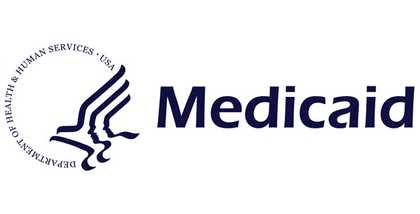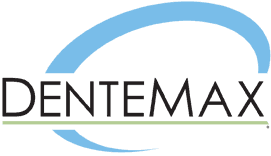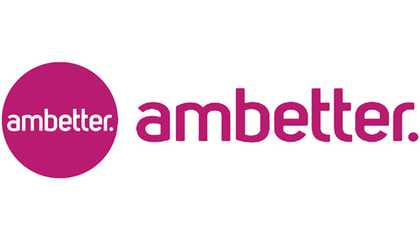Is it safe to skip dental cleanings? Regular dental cleanings are vital for maintaining optimal oral health and preventing potential dental issues.









$149 New Patient Special!*
Includes comprehensive exam, full mouth x-rays and a cleaning for new patients without insurance.
The Critical Role of Regular Dental Cleanings
Is it safe to skip dental cleanings? Regular dental cleanings are vital for maintaining optimal oral health and preventing potential dental issues. These cleanings effectively remove plaque and tartar, which can otherwise lead to cavities and gum disease. By consistently scheduling appointments with your dental professional, you proactively protect your teeth and gums, addressing minor concerns before they become major problems.

Beyond preventing dental issues, routine cleanings facilitate the early detection of potential health concerns. During these appointments, dental professionals thoroughly examine your mouth for signs of tooth decay, gum inflammation, or oral cancer. Catching these conditions early allows for more effective treatment and can prevent the need for extensive procedures later on.
Professional dental cleanings employ specialized tools and techniques to ensure a thorough, safe cleaning process. Dental hygienists use instruments designed to remove plaque and tartar from hard-to-reach areas, alongside ultrasonic scalers and polishing tools for a smooth, clean finish. This combination of expertise and technology not only enhances your oral hygiene but also contributes to a more comfortable experience, reinforcing the importance of regular cleanings in your health care routine.
The Risks of Skipping Dental Cleanings
Is it safe to skip dental cleanings? Neglecting regular dental cleanings can have serious consequences for both your oral and overall health. One immediate risk is an increased likelihood of cavities and tooth decay. Regular cleanings remove plaque and tartar, preventing the bacteria that cause decay from thriving. Without cleanings, these substances accumulate, weakening enamel and leading to cavities that may require more invasive treatments.
Additionally, skipping dental cleanings can lead to periodontal disease, which begins with gingivitis and can progress to tooth loss and bone damage if untreated. Periodontal disease has been linked to systemic health issues like heart disease and diabetes, making regular cleanings crucial for maintaining both oral and systemic health.
The impact of poor oral hygiene extends beyond the mouth. Research indicates that oral health is closely connected to overall health, with bacteria from periodontal disease potentially entering the bloodstream and affecting vital organs. This underscores why dental cleanings are essential—they are a key component of preventive care supporting both oral and systemic well-being.
The Long-term Effects of Skipping Cleanings
Neglecting regular dental cleanings results in a concerning buildup of plaque and tartar on your teeth. Plaque, a sticky film of bacteria, forms daily and hardens into tartar if not removed through professional cleanings and daily brushing. Over time, this buildup can contribute to cavities and decay, significantly compromising your oral health.
Furthermore, the absence of routine cleanings increases the risk of gum inflammation and recession. Gingivitis, or gum inflammation, occurs when plaque irritates gum tissue, leading to redness and swelling. Untreated, this condition progresses to periodontitis, causing gums to recede and exposing tooth roots to decay and sensitivity.
Long-term neglect can also harm tooth structure and aesthetics. Plaque and tartar buildup can discolor teeth and weaken their structural integrity, increasing the likelihood of fractures or extensive damage. In severe cases, costly restorative procedures may be necessary. Thus, regular dental cleanings are essential for preserving both the health and appearance of your smile. So, Is it safe to skip dental cleanings? We would not recommend it.
Maintaining Oral Health Between Cleanings
Excellent oral health between dental cleanings is crucial for preventing cavities and gum disease. Daily oral hygiene should include brushing your teeth twice a day with fluoride toothpaste and using a soft-bristled toothbrush, replaced every three to four months. Flossing daily is also essential to remove food particles and plaque from areas a toothbrush can’t reach.
Your diet significantly impacts oral health. A balanced diet rich in fruits, vegetables, whole grains, and lean proteins strengthens teeth and gums. Limiting sugary snacks and beverages reduces decay risk, while calcium and vitamin D are vital for strong teeth and bones. Staying hydrated and drinking water helps wash away food particles and bacteria.
Despite diligent care, certain situations require dental attention between regular cleanings. If you experience persistent tooth pain, swelling, or bleeding gums, schedule an appointment promptly. Additionally, any changes in your mouth, such as non-healing sores or bite changes, should be examined by a dental professional. Regular appointments and attentive oral care help maintain a bright, healthy smile.








